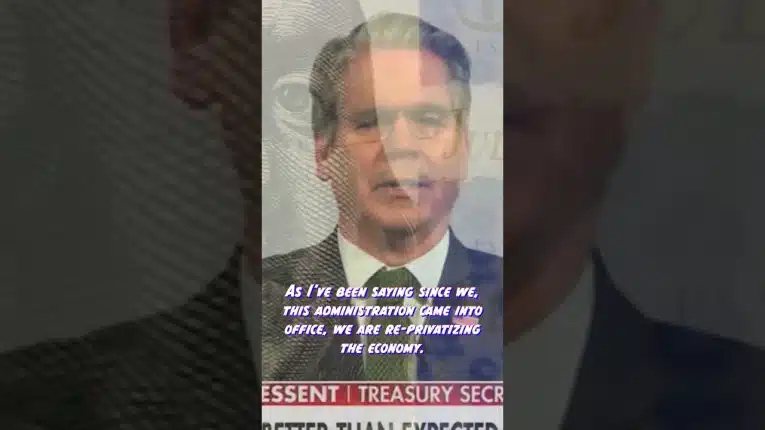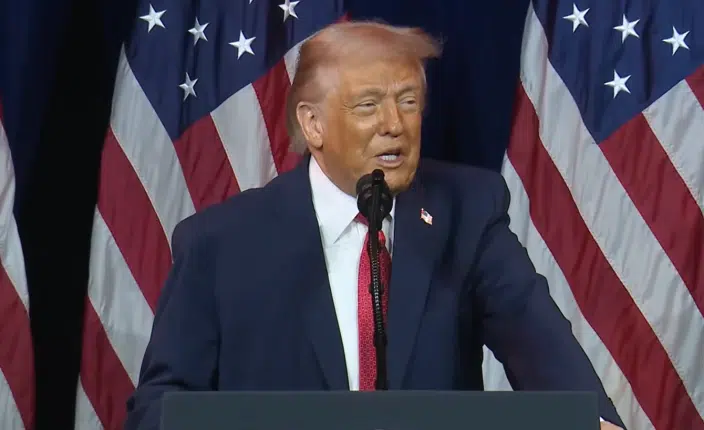 By Bill Wilson — Call it Keynes’ tragic comedy.
By Bill Wilson — Call it Keynes’ tragic comedy.
If ever there was an example of how vapid and corrupt today’s financial system has become, and particularly the lengths governments will go to secure financing for their profligate spending habits, look no further than Greece’s recent recapitalization of four banks with €18 billion of financing provided by the European Financial Stability Facility (EFSF).
This latest scheme came after Greek banks were deemed ineligible for financing by the European Central Bank. The problem? After taking big losses on Greece’s partial €100 billion default earlier this year on some €355 billion of government debt, Greek banks were woefully undercapitalized, and thus had no collateral to access financing from the central bank. As a result, these banks lack the capacity to engage in further lending.
So, what does Europe do? It uses the EFSF to lend the €18 billion to the National Bank of Greece SA, EFG Eurobank Ergasias SA, Alpha Bank SA and Piraeus Bank SA. This in turn enables the banks to meet ECB’s capital requirements to then use the €18 billion as collateral to next go buy yet more Greek government debt bonds.
It’s hard to describe just how sick this really is. To summarize, banks lost tens of billions of euros on Greek debt, resulting in very low capital at the institutions, which then secured billions of loans to boost the lost capital — all to enable more lending to the same bankrupt government that defaulted on its debt causing the losses in the first place.
Of course, the only way the banks will then be able to pay back the loans is if Greece can make good on its commitments by securing yet more financing. But, that in turn will require yet more central bank loans to banks that simply do not have the money to lend to the governments. See the problem?
Economist Mike “Mish” Shedlock described the deal on his blog, “If this makes little sense to you it is because it should not make any sense to anyone. It is another act of desperation in a long line of desperate acts.”
Except what is ironic, perhaps, is that this is not a unique situation at all.
In fact, it underscores the very fundamental flaw with the entire world financial system — the government financing bank cartel at large. Namely, banks simply do not have money to lend. These loans are being lent into existence.
Generally speaking, banks require near limitless financing from central banks to be able to continue lending to governments — and everyone else for that matter — that similarly have no means of repaying their previous loans. All the governments can do is refinance existing debt. It’s never repaid.
With the exception of Bulgaria, there is not a country in Europe that does not have more debt today than it did ten years ago, according to Eurostat. Here in the U.S., the $15.7 trillion national debt has increased every single year since 1957. If we do not change course, we will never honestly be able to pay it back. In fact, it is getting dangerously close to not being able to service the debt, pay the interest due.
For all practical purposes, the only way we can even meet our obligations today is with the printing press, with the Federal Reserve holding over $1.6 trillion of U.S. treasuries. It’s really worse than that, with financial institutions accessing near-zero percent interest financing from the Fed to in turn lend it the government. And only through such means is the Ponzi scheme ever perpetuated.
But that’s how the system was designed. It is intended to render moot the debate over whether to cut spending or to increase it. And considering the records of supposed conservatives the world over to rein it in, when they accept gargantuan increases in debt without any meaningful opposition, it is hard to argue otherwise.
But one could go further. This is pathetic. Shameful. A national embarrassment. Keynesians call this good economics. We call it what it is: a fraud.
Why Europe has come to this point, ironically, is because the Euro’s founders, particularly those in Germany, did not want the European Central Bank to become a means for overly monetizing members’ debts. The primary reason for the objection is because it punishes frugal nations, in effect forcing the responsible to subsidize the irresponsible.
After all that’s how the U.S. has in part achieved global financial and economic dominance over the past century. Besides our military strength, we run the world’s reserve currency, and we export our inflation overseas. Why would Germany want to import the inflation of Greece, a relatively weak power?
Yet that is precisely what the world is pressuring them to do. And so far, they’re gradually caving into those demands.
The only reason we’re even hearing about this particular episode in Europe is because Greece’s banks were undercapitalized and could not access the phony ECB lending. But even if the Greek institutions had been adequately capitalized, they still would have lacked the actual money to lend to Greece.
That’s the bottom line. The only way governments can continue to spend at the levels they are currently spending is through the printing press. Taxes are inadequate. Lending as we think of it in the conventional sense is insufficient. In fact, it requires more money than is currently even in existence.
Why anyone would attempt to justify such a system, when regular citizens have to work hard and pay their bills within limited means, is anyone’s guess. These financial institutions are just go-betweens for corrupt governments, which get to spend infinitely for every hare-brained social engineering scheme imaginable, and for greedy bankers, who are allowed to profit along the road to national financial ruin, and then when something goes wrong, to have taxpayers subsidize their losses.
If it weren’t so tragic it’d be funny.
Bill Wilson is the President of Americans for Limited Government. You can follow Bill on Twitter at @BillWilsonALG.






